Indifference, to me, is the epitome of evil
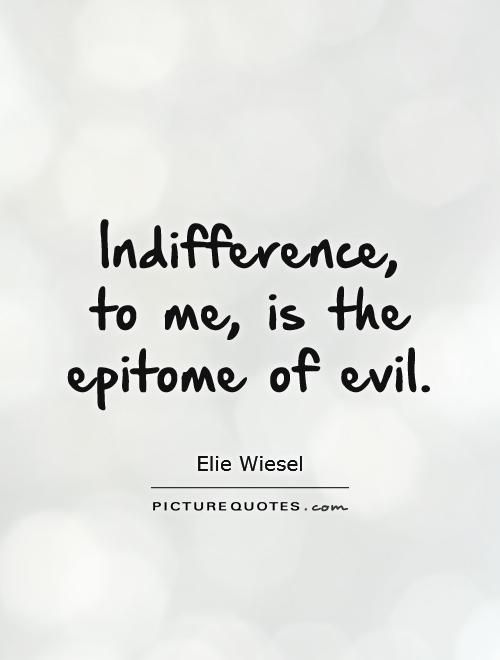
Indifference, to me, is the epitome of evil
Elie Wiesel, a Holocaust survivor and Nobel laureate, once famously said, “Indifference, to me, is the epitome of evil.” This powerful statement encapsulates the profound impact of apathy and inaction in the face of injustice and suffering. Wiesel, who experienced firsthand the horrors of the Holocaust, understood the devastating consequences of indifference and the moral imperative to speak out against it.Throughout his life, Wiesel was a vocal advocate for human rights and a staunch opponent of indifference. He believed that remaining silent in the face of injustice only served to perpetuate evil and allow it to thrive. Wiesel’s own experiences in the concentration camps of Auschwitz and Buchenwald, where he witnessed the atrocities committed by the Nazis, fueled his commitment to fighting against indifference and standing up for those who were oppressed and marginalized.
Wiesel’s words resonate with a sense of urgency and moral clarity that is as relevant today as it was during the Holocaust. In a world plagued by conflict, inequality, and injustice, the dangers of indifference are all too apparent. When individuals turn a blind eye to the suffering of others, they become complicit in perpetuating the very evils they claim to abhor.
Wiesel’s message serves as a powerful reminder of the importance of empathy, compassion, and solidarity in the face of adversity. It challenges us to confront our own biases and prejudices, and to actively work towards creating a more just and equitable society. Indifference, Wiesel reminds us, is not a neutral stance – it is a choice, and one that has far-reaching consequences for both individuals and society as a whole.
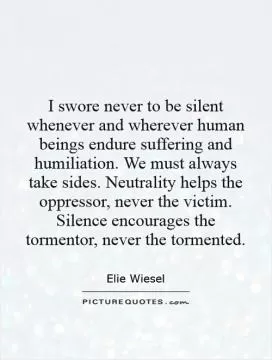
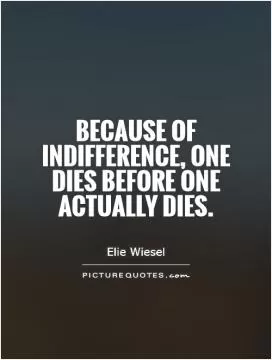


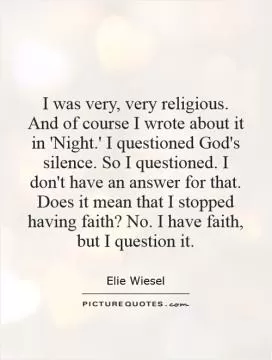
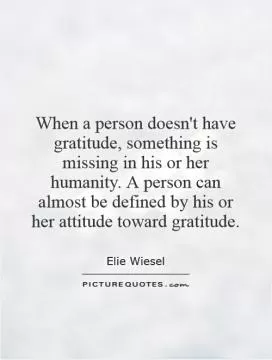
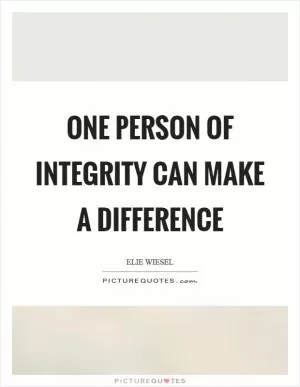

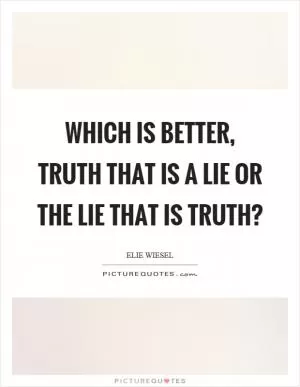
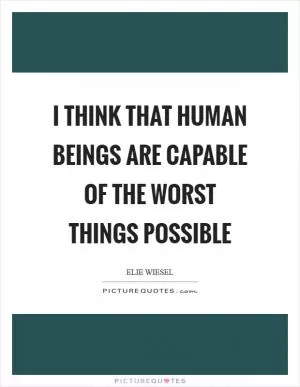
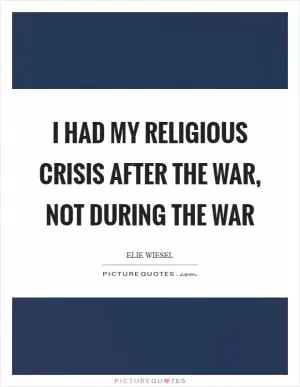
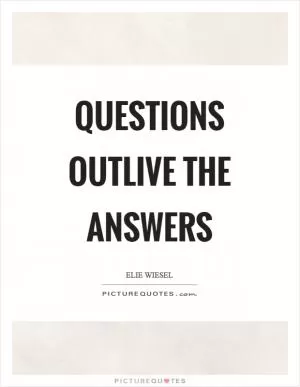
 Friendship Quotes
Friendship Quotes Love Quotes
Love Quotes Life Quotes
Life Quotes Funny Quotes
Funny Quotes Motivational Quotes
Motivational Quotes Inspirational Quotes
Inspirational Quotes